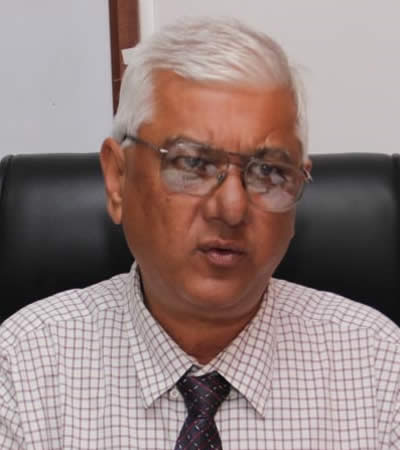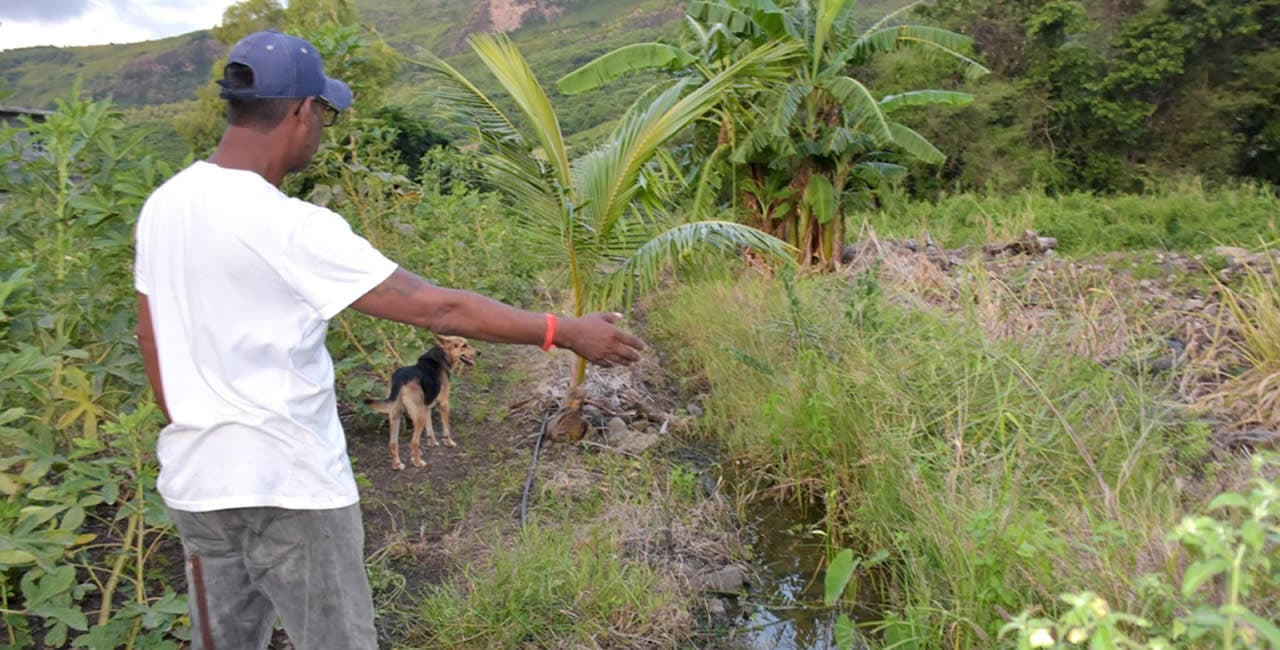

The Ministry of Health had identified 24 cases of dengue fever since the beginning of the year, mainly in the Vallée des Prêtres region. While less than four cases of dengue fever are identified each year, the health authorities are already pulling the alarm that we might be facing an epidemic in the island.
The number of people affected by the dengue fever has been increasing since the beginning of the year. In fact, the Ministry of Health has identified 26 cases of dengue fever up-to-date, among which 21 people who are affected come from the Vallée des Prêtres region and the rest from Coromandel, Richelieu and Rose Hill and Quatre Bornes regions.
The health authorities are thus taking the bull by the horns in order to contain the virus and prevent it from spreading further. Under surveillance of the health authorities, fumigation has been carried out in Vallée des Prêtres region and other parts of the island during the week. Can we already speak of an epidemic?
Dr. Vasantrao Gujadhur, Director of Health Services at the Ministry of Health and responsible the Communicable Disease Control Unit, trusts that the situation is definitely alarming. “It is alarming because several cases have been identified in one specific region. However, we cannot speak of it as an epidemic at this level in Mauritius. We are striving to know why the virus is concentrated in this one specific region. The major reason is that the Vallée des Prêtres region is conducive to the reproduction of mosquitoes, as the area is lush, there are many water streams, not well maintained, among others,” he explains.
Dr Gujadhur shares that the first case of dengue fever this year was identified in Quatre Bornes in the month of February. He utters that in order to contain the virus, it is vital to track down the source of the infection and know how it was introduced in the country. “We have not have a local case of dengue fever since 2016. There is the possibility that the virus was introduced in the island by a foreigner. There is also the probability that it was introduced by a Mauritian who has travelled to regions which are prone to dengue fever.”

The Director of Health Services underlines that the health officers are doing everything they can and at the level of the Ministry, all efforts are directed towards controlling the situation. “Our monitoring systems are working properly. Health officers always enquire about travellers who travel to affected regions such as India, Madagascar, Comoros and other neighbouring countries. If an affected person has not informed the authorities, then it complicates our work. He/she might also not have noticed the symptoms right away. In fact, it is important to know that the infection does not manifest itself rapidly. You first start by having mild fever, then comes the pain and later the appearance of redness over the body.”
Preventing the spread of the virus
He states that several steps are currently being taken by the Ministry of Health to prevent the spread of the virus. “We are currently working at different levels. We are doing blood tests on several people, not only those affected by the virus or residents of Vallée des Prêtres region. We are doing the same in Quatre Bornes, as this is where the virus first manifested. Affected people are placed in quarantine and we are trying to determine how they contracted the virus. We are also eliminating the risk of spreading the virus by eradicating the vector, that is to say mosquitoes through fumigations and larviciding operations, which are currently being carried out every day. We have also carried out sensitisation campaigns in Vallée des Prêtres.”
Dr Gujadhur highlights that it is significant for every Mauritian to become conscious of the problem. “It is each Mauritian’s responsibility to protect themselves from being affected, as the risks of contracting dengue are real. They must use mosquito repellents, wear long clothes and also see a doctor or go to health centres and hospitals as soon as they identify the symptoms of the dengue fever. It is also everyone’s responsibility to take care of their gardens and yards so as to make sure that there are no areas promoting the reproduction of mosquitoes, which are the vectors of the virus.”
 J'aime
J'aime














